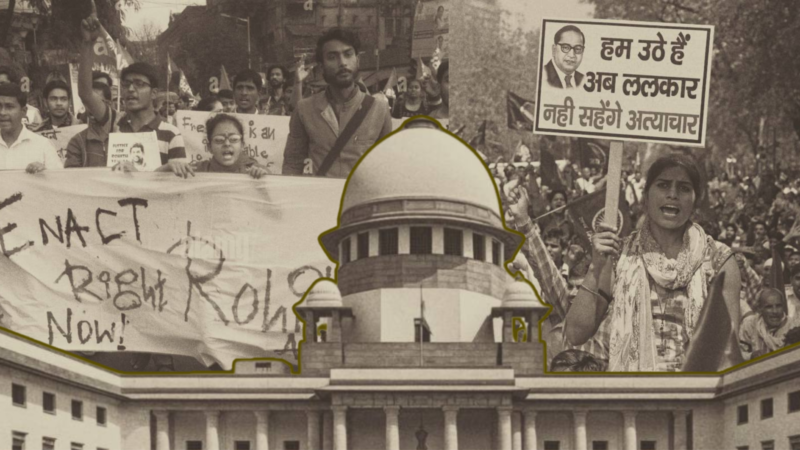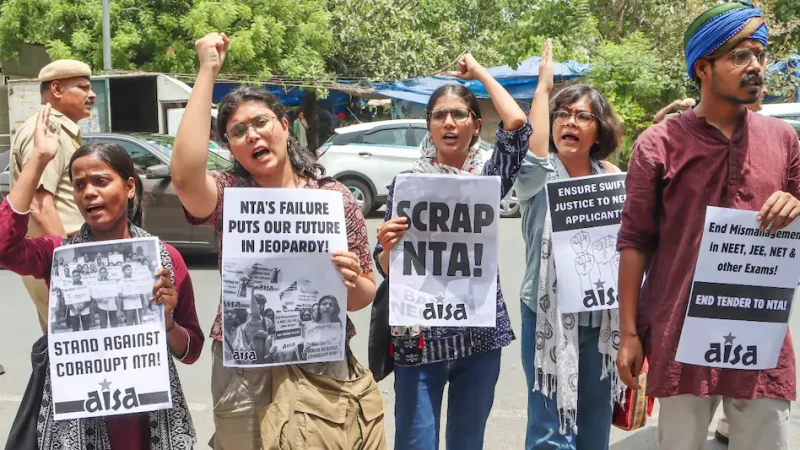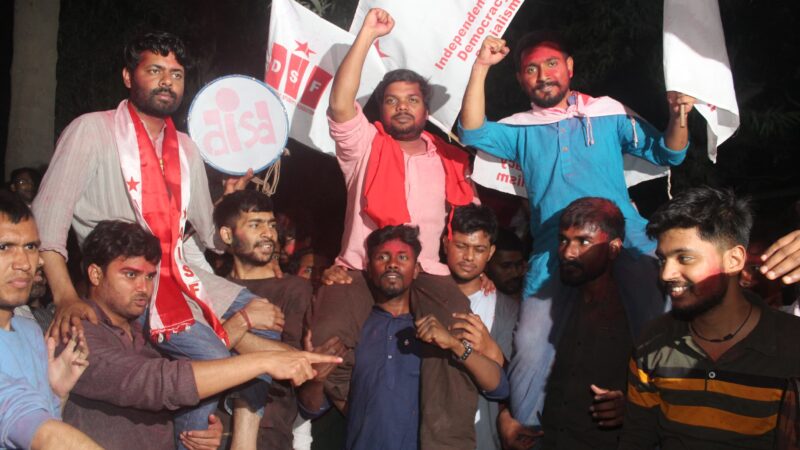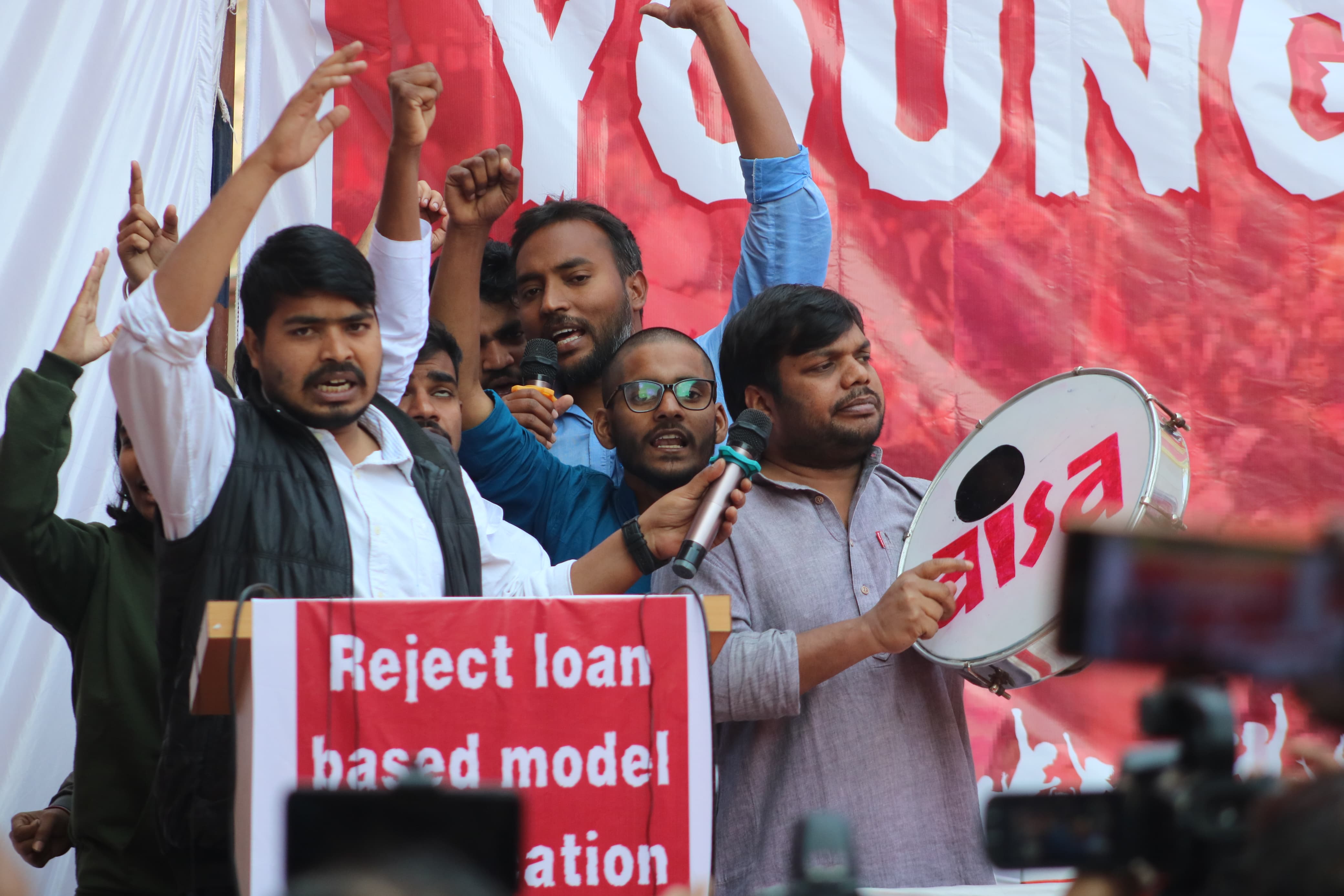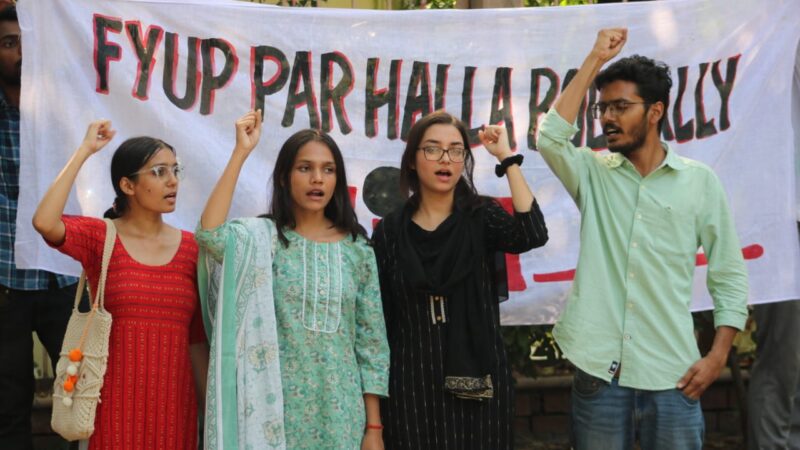Silencing Women: Patriarchal Violence and the Struggles of women
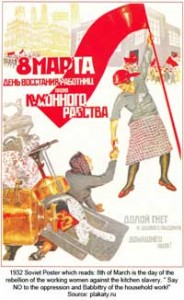 Even after you’ve tied the chains of domesticity,
Even after you’ve tied the chains of domesticity,
Shame and modesty around my feet
Even after you’ve paralyzed me
This fear will not leave you
That even though I can’t walk
I can still think
–Kishwar Nahid
In the Centenary year of International Women’s Day, as we celebrate the courage of women, as we raise their concerns and celebrate their struggles, we need to also unitedly resist the tremendous violence that is perpetuated against women.
As women’s movements grow in scope and scale, and as women assert their voices, the backlash by patriarchal society is even greater and reflects its desperation. Violence against women is a way of silencing them. It is part of the submissiveness that patriarchy forces upon women. The structural violence of patriarchy denies women education, health facilities and the basic rights of choice and dignity. When women assert themselves, they are “put in place” by the the age-old patriarchal weapons of sexual slander and violence. Just a few recent instances indicate how such patriarchal violence overlaps with other kinds of brutal social oppression:
- In Lakshmisagar village in the Chitradurga taluk of Karnataka, when a Nayaka girl Mamata eloped with a Dalit boy Kumara, her act bred resentment among the socially and politically dominant nayaka community. Bhagyamma, a Dalit woman, was accused by Mamata’s family of having abetted the love affair. Bhagayamma was stripped naked and dragged to the Panchayat office in the presence of the whole village and beaten with a rod, resulting in head injuries.
- Chithralekha, a Dalit woman from Payyanur in Kerala was one of the first women to start plying an auto in Kerala. For this, she has been repeatedly targeted by CPI(M)’s CITU-led auto drivers’ union. In January 2010, she was arrested on false charges and manhandled in a police station, while CITU mobilised its contingent of auto-drivers against her. It is indeed shameful that a Union backed by the CPI(M) should thus target and witch-hunt a dalit woman, rather than supporting her struggle for a life with dignity.
- In Gompad, a remote village in the Dantewada district of Chhattisgarh, the State’s war against its own people took its most brutal form on women. In a massacre perpetuated by the security forces, women adivasis were also killed, their bodies shot, slashed and burned. One of the witnesses of this massacre, Sodi Sambho who was also severely injured petitioned the Supreme Court, but continues to be intimidated and threatened.
- In Shopian in Kashmir, the rape and murder of two young women, Asiya and Nilofer, represents the violence and totally lack of democracy that marks militarized zones. It demonstrates also the total refusal of the state administration to bring those who perpetuated these crimes to book.
When women are subject to violence, justice takes its time coming. And as the case of Ruchika Girhotra showed, when justice comes it is often too little and late. Many stories rarely make it to the headlines and we have bred a culture of impunity where those accused of violence against women often go scot free. The 172nd report of the Law Commission suggested sweeping changes to laws relating to rape, molestation and sexual harassment in the Indian Penal Code along with changes in the CrPC and the Evidence Act to make legal procedures more sensitive to women. But demands by different activists for these changes have repeatedly been ignored by successive governments.
Every act of silencing and violence also brings with it stories of resistance and courage. On the eve of International Women’s Day, AISA salutes the resilience and courage of women and commits itself to the struggles for ensuring women’s dignity, equality and liberation.
